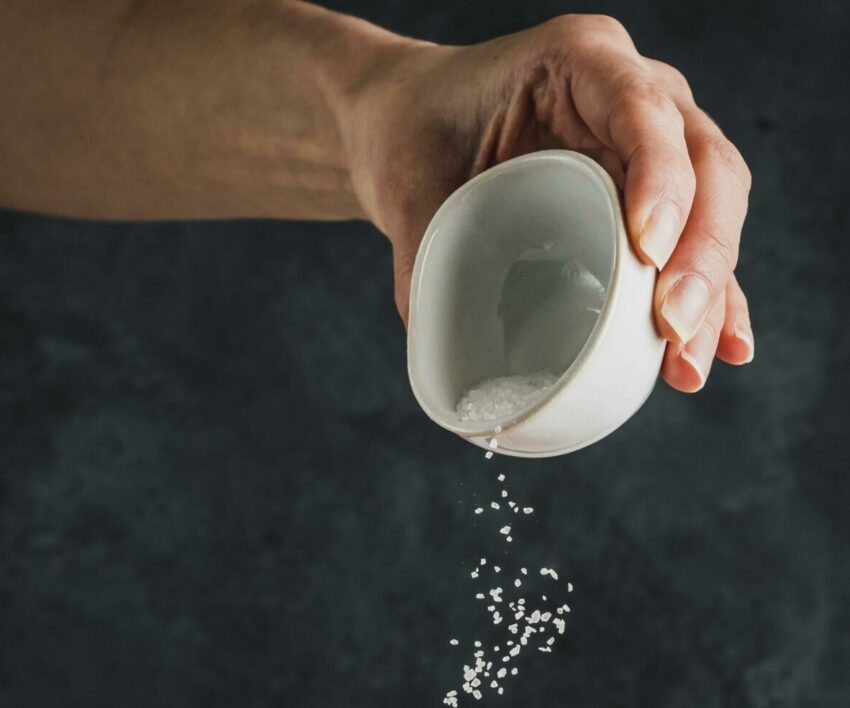
salt: picture: pexels
Salt might be the reigning queen of the kitchen, but too much of a good thing can quickly turn sour, especially when it comes to your health. As World Salt Awareness Week rolls around, it’s time to take a closer look at the shaker and rethink how often we reach for it.
On average, South Africans consume nearly double the recommended daily amount of salt, according to the Heart and Stroke Foundation South Africa. That’s not just coming from the extra sprinkle on your salt chips, it’s hidden in everyday staples like bread, processed meats, and even breakfast cereals, states the above source.
The World Health Organisation points out that too much salt can quietly raise your blood pressure, putting extra strain on your heart and arteries. The organisation also mentions that high salt intake is one of the leading risk factors for heart disease and stroke globally.
What’s worse is that salt is sneaky; it doesn’t always taste salty. You won’t feel your heart racing after a salty snack, but over time, the damage adds up.
However, you don’t have to eat bland food to be healthy. The Centres for Disease Control and Prevention claims that swapping out salt for herbs, lemon juice, garlic, or even a splash of vinegar can add depth without damage. Local initiatives, like Salt Watch SA, are helping households and restaurants reduce sodium levels without compromising flavour.
So while a salty snack here and there won’t hurt, World Salt Awareness Week is the perfect excuse to check your labels, taste before you shake, and fall in love with flavour, not just salt. Your heart (and your taste buds) will thank you later.
Also see: Reasons why your asthma might be triggered this season
